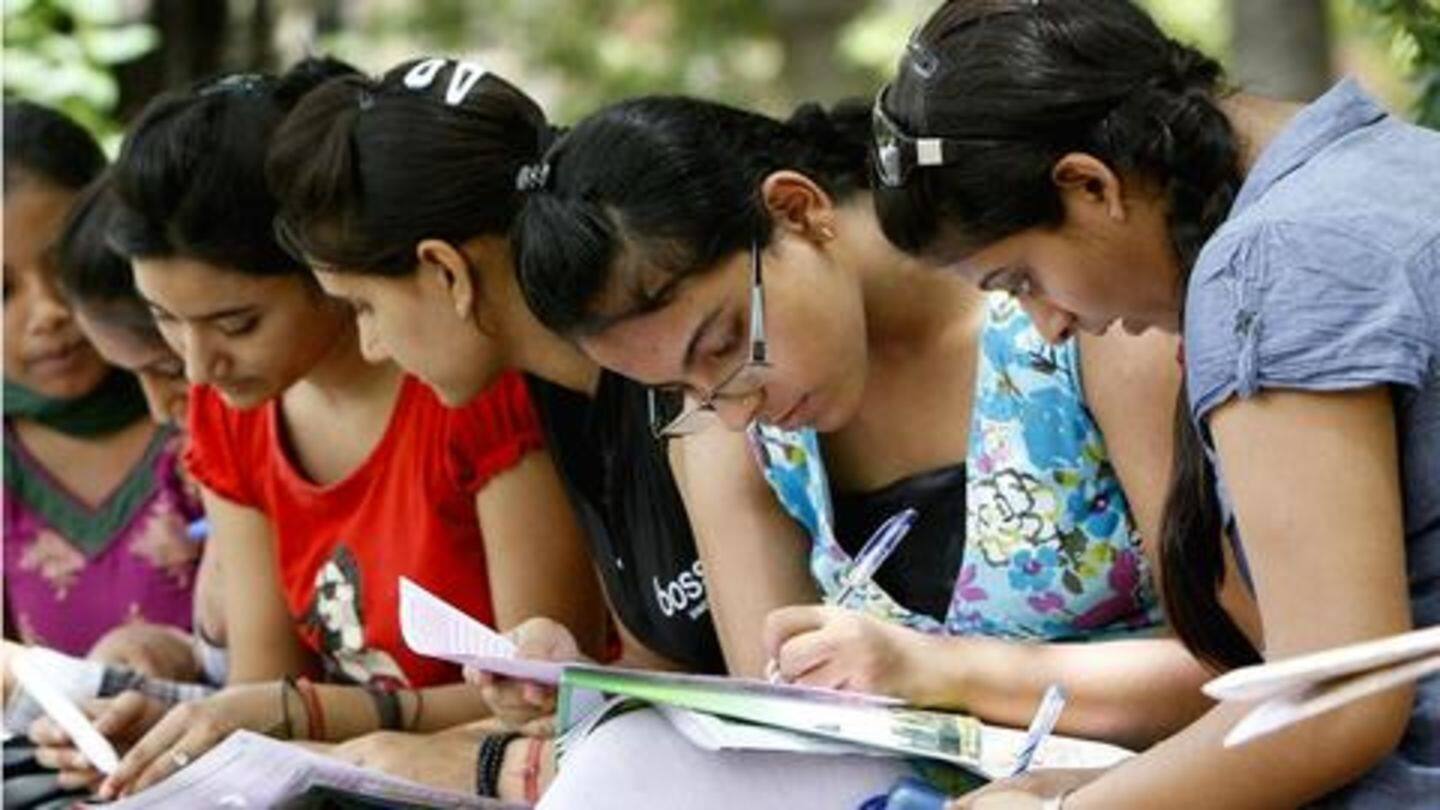
#CareerBytes: Want to crack UPSC CSE? Avoid these blunders
What's the story
The UPSC Civil Services Examination (CSE), also known as the IAS exam, is one of the toughest exams and cracking it is not easy without the right preparation.
Lakhs of candidates appear for CSE every year but only a few get selected. Most candidates do not get qualified because of flaws in preparation.
Here are some blunders that every UPSC CSE aspirant must avoid.
#1
Not following the UPSC syllabus, reading irrelevant topics
One of the biggest blunders CSE aspirants make is not following the syllabus prescribed by UPSC. Many tend to start preparing without referring to the syllabus.
They must avoid anything that is irrelevant for the exam. They should have a solid plan for preparation and adhere to it strictly.
Also, the lack of consistent preparation, regular practice, and revision may impact their preparation adversely.
#2
Ignoring the fundamentals, NCERT textbooks; not reading newspapers, books
Many UPSC aspirants make the blunder of ignoring the basics and NCERT textbooks, which are important for IAS preparation; questions based on NCERT textbooks and fundamentals may be asked in the exam.
Some candidates focus only on study material and advanced reference books, which should be avoided. Also, one must not ignore newspapers and general books while preparing for CSE.
#3
No proper practice and revision; poor time management
Focusing only on studying but not revising the topics is also a mistake. Revising the entire syllabus thoroughly is important; written practice is essential too.
Aspirants should practice questions as per the exam pattern; practicing only descriptive or only objective questions is a huge mistake.
Poor time management is another blunder to avoid; candidates must utilize their time properly and shouldn't postpone study/revision sessions.
#4
Not solving previous papers; not analyzing performance
Some aspirants do not solve previous question papers or sample papers which could affect their performance.
It is essential to solve these papers in a timed manner to familiarize the exam pattern, difficulty level, questioning trends, important topics, etc. and manage time better.
They should take mock tests and analyze their performance on a regular basis, identify weak areas, and work on getting better.
Information
#5: Not choosing the right optional subject is a blunder
Aspirants should understand that choosing the optional subject for Mains is a critical decision; not selecting the right one could be a terrible mistake. Candidates must avoid this, and take the decision after considering several factors and discuss with peers or teachers if they're confused.